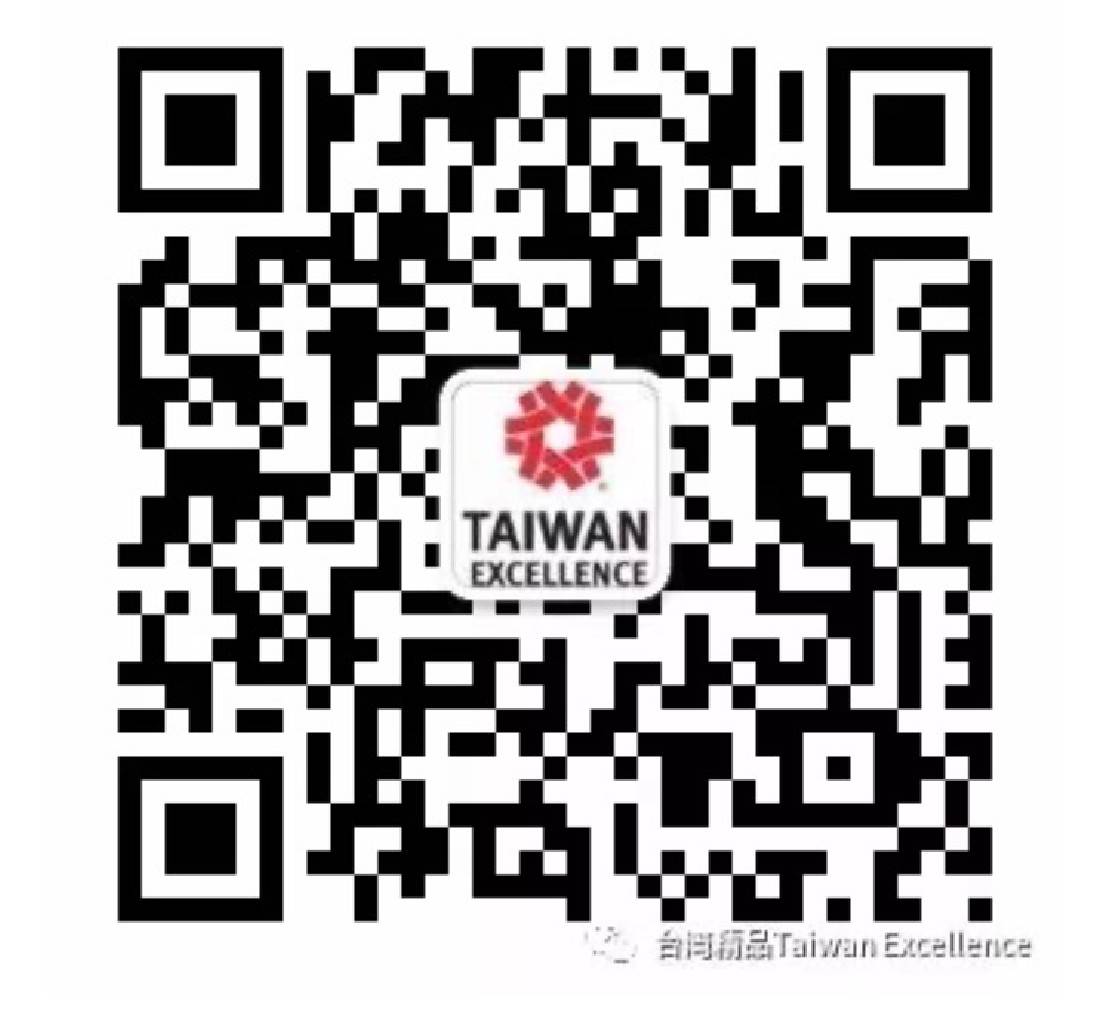
請用 Wechat 掃描台灣精品QRcode 或 搜尋ID: TaiwanExcellence
The storage and management of data will allow the optimization of preventive treatments for diseases thanks to the technology of the Internet of Things (IoT).
More specific treatments will be developed under the new concept of 'precision medicine'.
IoT solutions for eHealth will also increase access to health care services, which will improve the health and well-being of patients.
February 2019 – The health sector will perhaps be most affected by the digital revolution we are experiencing. The development of the Internet of Things and its combination with artificial intelligence to analyze the data generated by the devices will make it possible to create more effective treatments, better care for patients, greater access to it and, above all, better preventive and precision medicine. These were some of the conclusions of the conference "A life of well-being thanks to the intelligent technological solutions of Taiwan", carried out today in the framework of the Mobile World Congress 2019.
During the conference, Edgecore Networks, HTC DeepQ, IEI Integration Corp. and STARWING Technology Co. presented their state-of-the-art innovations related to health.
"As the global population ages, developing digital healthcare solutions is also a major focus. To meet aging-population needs, the Taiwanese government is working closely with local IT industries to incorporate ICT technologies in healthcare solutions. We believe that by integrating our ICT strengths with our healthcare experience, we can make our healthcare system both more efficient and smarter. “says Kate Wu, Strategic Marketing Manager of TAITRA.
HTC Deep Q: virtual reality to train health professionals
HTC DeepQ presented its virtual reality technology to train future doctors. Virtual reality platforms are changing the way we learn anatomy, for example. This technology allows us to teach about an experience that is as close to reality as possible, but with the ease of being able to repeat it more easily. In addition, "According to studies, the use of virtual reality for teaching increases learning interest and effectiveness significantly," said Lewis Chang, Manager of HTC DeepQ.
IEI: Internet of Things (IoT) will change medical care
IEI has presented its extensive technology for the healthcare sector, which includes a broad infrastructure on the edge of computer companies, networks and storage in the cloud. IEI strives to develop AI medical auxiliary system to efficiently build ready-to-use AI environment for generating precise results. It becomes a great reference for radiation therapy, neurosurgical physician, radiological oncology physician, radiology diagnostics physician and so on. "With our technology we can improve the prevention of diseases and improve treatments, as is the case of people suffering from macular degeneration," says Ms. Rosa Liu, IEI Group Senior Account Manager
STARWING: indoor positioning
STARWING, Taiwan’s largest indoor positioning system provider, presented its new generation of A.I. Indoor Positioning System, SiPS, which incorporates centimeter-level positioning accuracy with A.I. analysis technology of machine learning and neural network, mainly used in advanced medical systems and high-end manufacturers. STARWING also announced its newly designed solution for healthcare industry. "SiPS can track all kinds of objects and provides numerous functions such as personnel and equipment tracking, security surveillance, behavior analysis, equipment automation, indoor navigation. By integrating SiPS into management system, it can greatly lighten nursing burden, enhance management efficiency, and build a highly secure medical environment", says Ian Chen, CEO of STARWING.
Eegecore Networks: transforming the way we connect
Edgecore Networks presented its open network solutions for mobile networks, broadband access, data center, and public WiFi deployments. "Mobile network operators increasingly need to reduce the cost and increase the flexibility of their infrastructure as they rapidly expand existing 3G/4G capacity and plan for 5G rollouts. The adoption of open network solutions provides that flexibility by allowing more rapid services deployment with lower total cost enabled by open disaggregated technologies”, says Mr. Mark Basham, Edgecore Networks Vice President Business Development and Marketing, EMEA.
About TAITRA (Taiwan External Trade Development Council)
Founded in 1970, TAITRA is Taiwan's foremost nonprofit trade promoting organization. Sponsored by the government and industry organizations, TAITRA assists enterprises to expand their global reach. Headquartered in Taipei, TAITRA has a team of 1,300 specialists and operates 5 local offices in Taoyuan, Hsinchu, Taichung, Tainan and Kaohsiung as well as 63 branches worldwide. Together with Taipei World Trade Center (TWTC) and Taiwan Trade Center (TTC), TAITRA has formed a global network dedicated to promoting world trade.
FOR MORE INFORMATION, PLEASE CONTACT
Guillermo Carandini
PR Manager
+34 633 280 804
Guillermo.Carandini@mci-group.com
https://www.mci-group.com/es-ES
Previous article

2019-03-04
Next article

2019-02-18